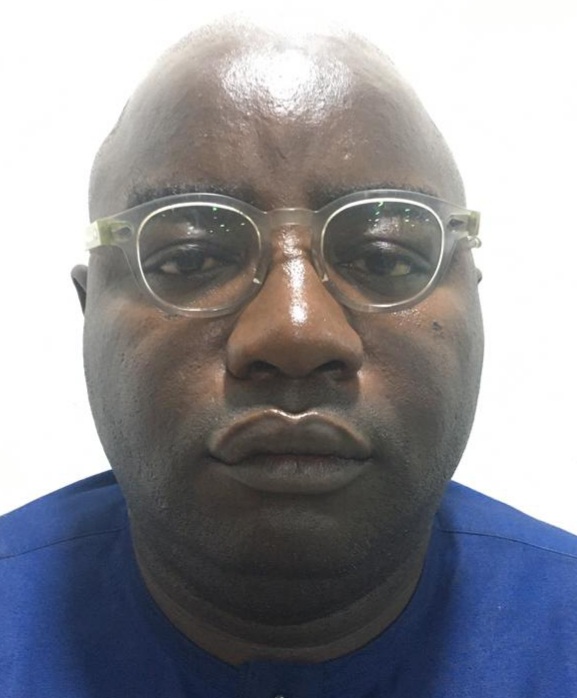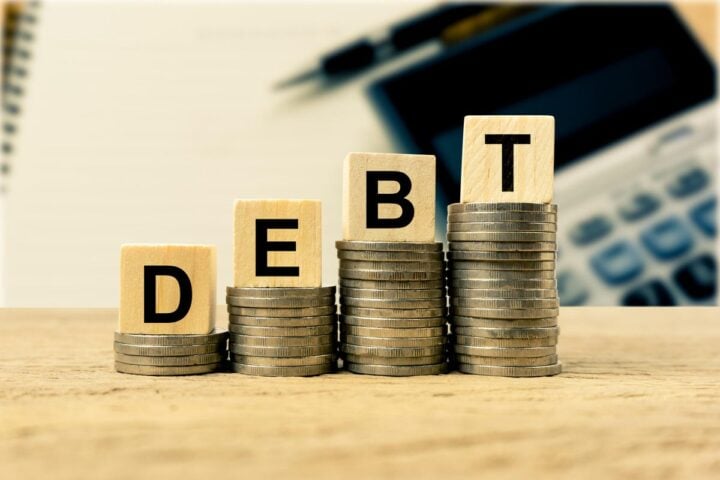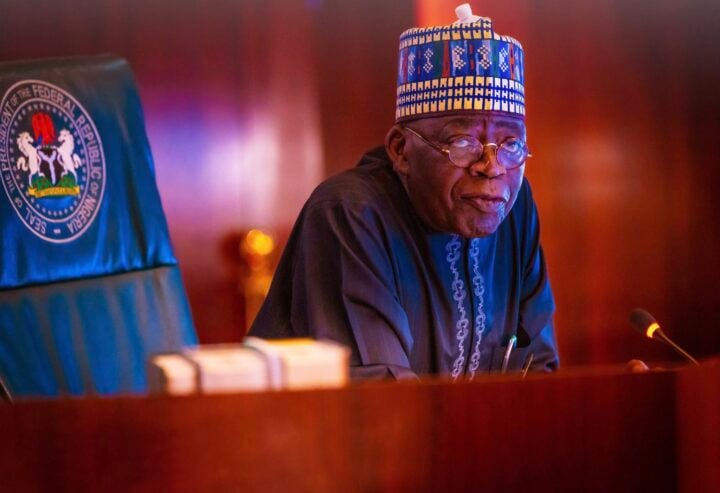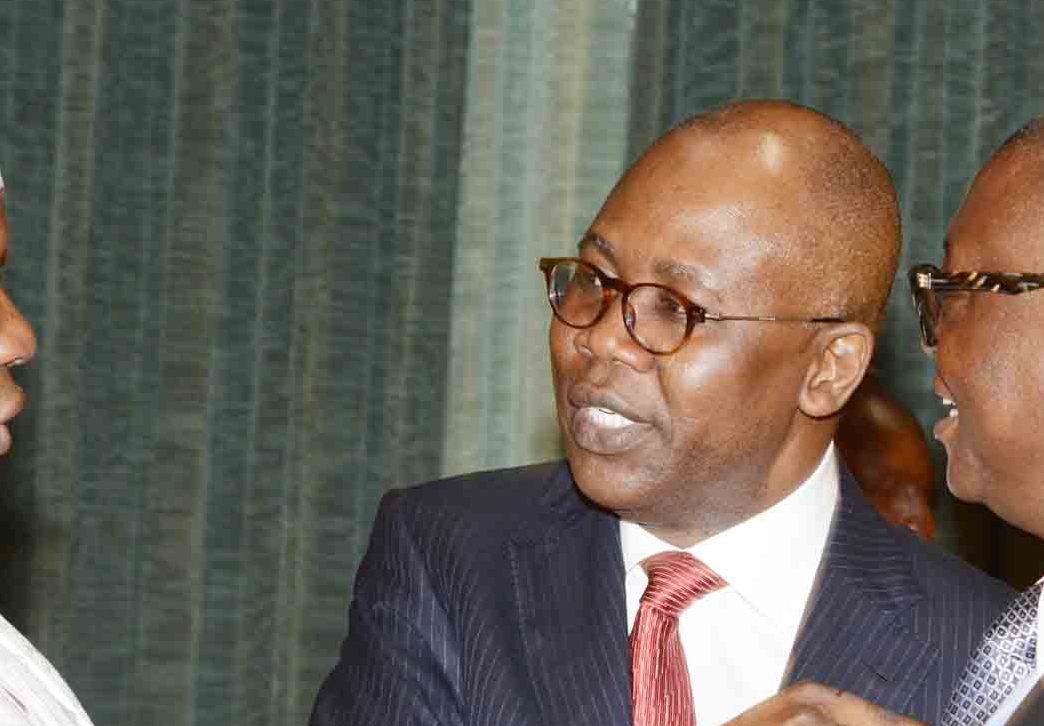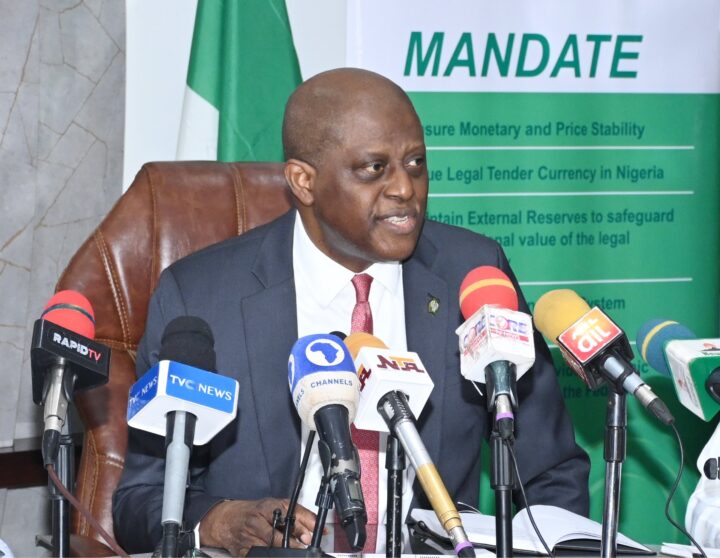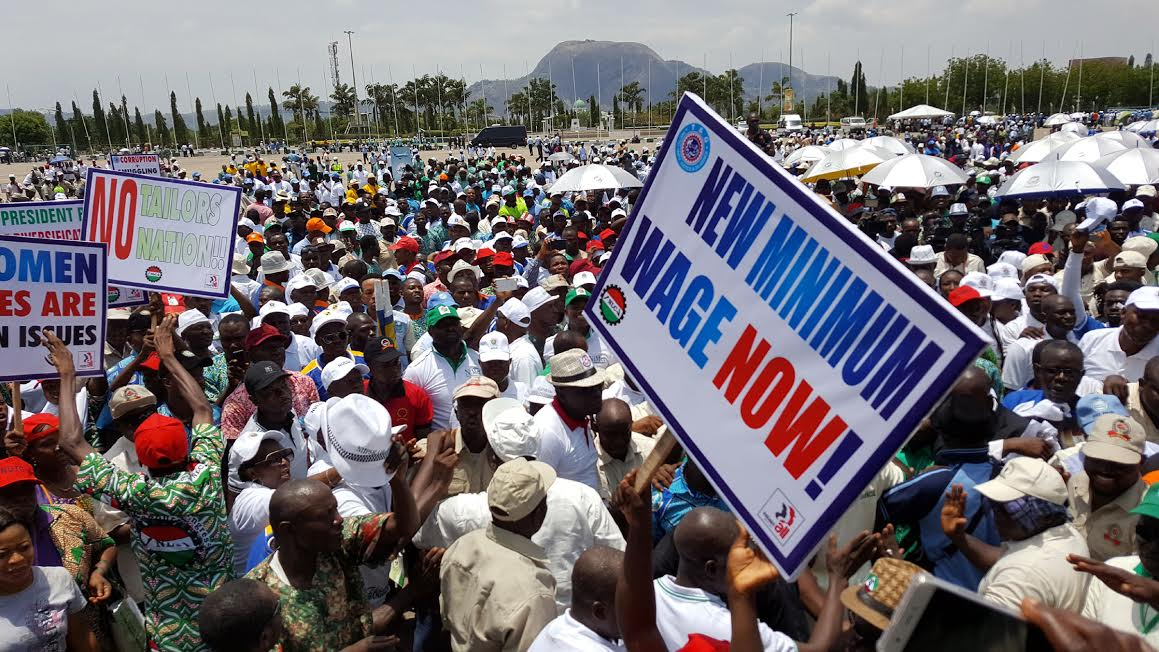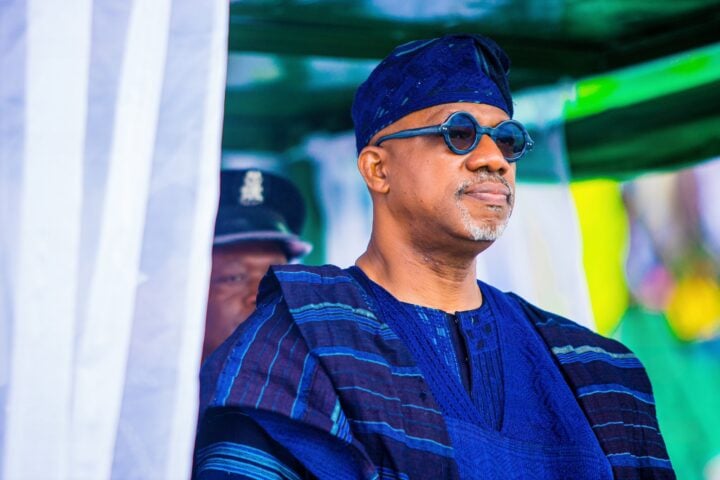“The bad workman always blames his tools; Our success or failure is determined not by what we have to work with, but by how we employ what we have…”
The dust was yet to settle following the abduction and release of 137 schoolchildren from Kuriga school nestled in Chikun LGA when the bombshell was dropped on Kaduna state’s debt portfolio and its near impairment to meet salary obligations. For any third-party observer, this was a colossal digression from the issues at hand during the town hall meeting anchored by the helmsman of the state, Senator Uba Sani, while he was sandwiched by the deputy governor, Dr Hadiza Sabuwa Balarabe, and other top government functionaries at the Kashim Ibrahim House.
This latest “dramatis personae” revolves around Sani’s alarm that his administration inherited a huge debt burden of $587 million, N85 billion, and 115 contractual liabilities from the previous administration of Mallam Nasir el-Rufai, making it difficult for him to pay workers’ salaries.
He, however, said that despite the humongous debt burden on the state government, he had yet to borrow a single kobo in the last nine months of his administration. He, however, assured that the debt burden notwithstanding, his administration remained resolute in steering Kaduna state towards progress and sustainable development, as the government had conducted a thorough assessment of the situation and it was sharpening its focus accordingly.
Advertisement
According to the governor, “it gladdens my heart to inform you that, despite the huge inherited debt on the state, till date, we have not borrowed a single kobo”.
Recall that el-Rufai had said he left a domestic debt of N80.60bn and a foreign debt of $577.32m for his successor during his handover to the new governor last year. El-Rufai also said that he left N5bn and $2.05m in the state treasury when he handed over the reins of power.
For starters, it would take a Houdini act for Sani to extricate himself from the actions and locomotion of el-Rufai as Kaduna’s erstwhile helmsman. Firstly, as the special adviser, political affairs, then as senator representing Kaduna central senatorial district from 2019 to 2023, Sani was a bulwark that worked tirelessly to ensure the said World Bank $350 million credit facility came to fruition following the opposition by Senators Shehu Sani, Suleiman Hunkuyi and Danjuma La’ah.
Advertisement
The kernel of this submission will come back to this window later. To garner contextual and editorial alignment, this author seeks reference to Sani’s tweets via Twitter then (now X) on February 4, 2020, where he joined his distinguished colleagues in the senate committee on local and foreign debts to receive submissions on loan requests from a high powered delegation from KDSG and honourable ministers.
Furthermore, he stated therein that Senator Clifford Ordia painstakingly went through the requests and sought clarifications where necessary. Questions asked centred around the purpose of the loans, their impact on the people and economy, repayment plans, and sustainability. In his own words, he also added that officials of KDSG put up a strong defence in respect of the $350 million World Bank loan request aimed at addressing infrastructure challenges in critical areas such as education, security, and healthcare.
He wrapped up his treatise that he was confident that with the articulate presentation from KDSG officials and their responses to questions asked, the committee would have no hesitation in recommending to the senate for approval of the loan request.
It beats one’s imagination when Sani now makes such a pronouncement in the public domain. The question that’s begging for answers is why not frown at such landmark decision(s) when it was at its embryonic stage. Why wait until when all is said and done to aim at the underbelly of a decision where he was a player, actor and integral entity?
Advertisement
Love or hate Mallam el-Rufai, with the benefit of hindsight, he had a premonition on this latest development either by clairvoyance or gut feeling. In his handover speech, he stated: “My friend and brother, I commiserate with you. You have a huge task ahead of you, but I am confident you will be luckier in the next eight years than I have been in the last eight years. Remember you cannot do this job alone. Your team, if competent and capable, will focus on delivering results and little ease. If you are unlucky enough to choose people you like that have no capacity, they will resort to blaming every other person for failures than the real culprit, which is the team itself. Be careful and watch out for this.”
Alas, before the eyes of all and sundry, the doomsday prediction is playing out before our very eyes. If a predecessor in an open, fair and transparent manner elucidates and articulates touch points of public accounting in the public domain, then the onus is on the successor to leverage such learning curves going forward to achieve development via the HDI index. Now is the time to appoint round pegs in round holes to address the accounting and budgetary deficits of KDSG. Primordial tendencies should be dumped like bad habits when it comes to financial engineering to balance the books.
At this juncture, this author will be subject to poisoned darts and vitriol of the governor’s armada of vuvuzela’s and hallelujah boys who sing his praises whether he’s right or wrong. The hard truth still remains that; how does a sub-national entity that spent about N11.8 billion on palliatives last week claim to be broke and unable to pay salaries? How can a sub-national entity embark on building an event centre worth N7 billion within the confines of power claim to be broke? It should be amplified for whoever cares to listen that it’s a security threat in the scheme of affairs.
The debt portfolio of KDSG is no secret; it’s in the public domain as Mallam el-Rufai stated. Like the old mantra that says “governance is a continuum”, the onus is on Governor Sani to verify claims of contractual obligations and settle the said contractors. The debt servicing benchmarks can be reengineered by well-grounded financial experts while the revenue base of Kaduna can be broadened via stimulation of Kaduna State Investment Promotion Agency (KADIPA) initiatives to earn the requisite FDIs.
Advertisement
Now is the time to start the real work, as the clock is ticking; tick tock, tick tock. This can be engineered via cabinet reshuffle where capable, tried, tested and well-trusted hands are incorporated to achieve KPIs and OKRs, while the deadwood can kiss governance goodbye. The one-year in office anniversary is under our nose and the jury will be out in full force that — Mr Governor, what have you achieved in terms of democratic dividends? The demonisation and criminalisation of debt portfolios that appear to be judiciously implemented for infrastructural projects is beyond beggar’s belief.
This author will not import words, comments, innuendos, aspersions, slurs and the storm of reactions that this development has generated since the announcement was made during the weekend. A word is enough for the wise as they say. One does not need to go far or wide to digest lessons on sub-national development. The second highest liabilities accrue to Lagos state after the Federal Government of Nigeria, yet there’s no fuss about it as the said credit facilities are serviced as at when due and governance is running smoothly therein. On a broader scale, the largest economy in the world, the United States of America, carries a budget deficit of over $22 trillion. Now, go figure it out.
Advertisement
Ayoola Ajanaku is a communications and advocacy specialist based in Lagos
Advertisement
Views expressed by contributors are strictly personal and not of TheCable.
Add a comment
